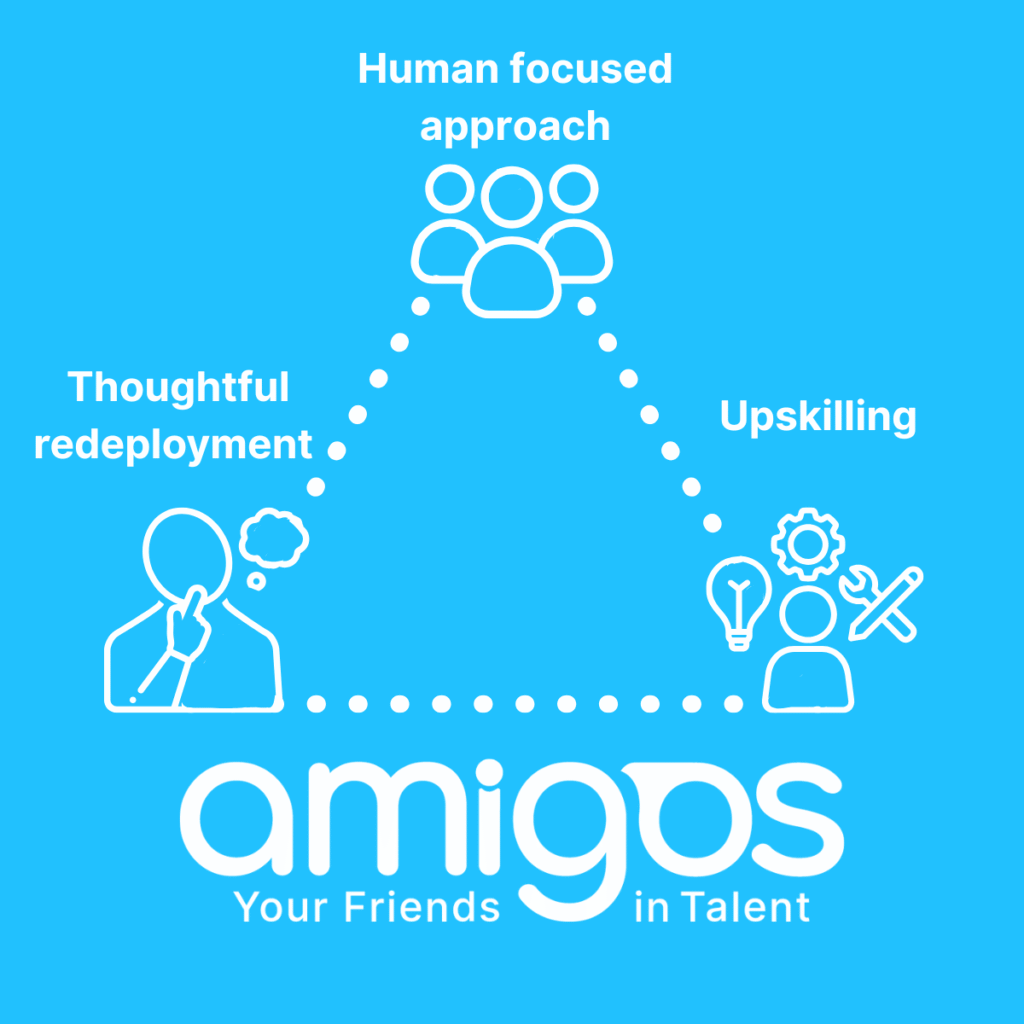Today, news broke that Mark Zuckerberg is personally interviewing elite AI experts, with recruitment offers reportedly reaching $100 million in pay and equity. This comes after Meta’s $14 billion stake in Scale AI and the creation of a “super-intelligence” lab. It’s a big play but candidates aren’t unconditionally convinced. Many cite concerns over Meta’s slow product rollouts and internal strategic friction. In competitive markets like the US and UK, this signals a talent war led from the front. While in Spain, global firms should take note: attracting top AI minds now demands serious investment and clarity of purpose.
Pat Casey, CTO of ServiceNow, recently highlighted that AI is increasingly handling junior-level software tasks, freeing engineers to focus on complex, research-heavy problems. The result? A pivot toward two main archetypes: broad-thinking generalists and deeply specialised experts. For UK and US firms, this means redefining hiring criteria and investing in continuous learning programmes. In Spain’s growing tech hubs (Barcelona, Madrid), organisations have a timely window to position themselves as places where engineers can deepen expertise and strategic collaboration with AI.
HSBC’s move to experiment with AI “digital workers” from CausaLens is a prime example of intelligent automation in action. With targets set to save $1.5 billion annually and reduce staff costs by 8% by 2026, the bank aims to redeploy, not necessarily let go, its workforce For Europe’s financial sector, including Spanish and UK banks, this marks a shift from cost-cutting to workforce transformation. US counterparts should observe how HSBC balances automation with human capital investment.
What It Means for Your Business
| Insight | UK | Spain | US |
|---|---|---|---|
| Talent Strategy | Compete with global giants like Meta by clarifying mission & culture | Build local AI hubs: leverage cost advantage with strong value proposition | Face off against deep-pocketed offers, emphasise purpose & long-term career growth |
| Engineering Hiring | Shift focus from junior roles to strategic engineering partnerships with AI | Position roles as AI-enabler, not replacer | Upskill current staff to fill evolving roles |
| Automation in Ops | Use AI to improve efficiency while redeploying talent responsibly | Consider piloting “digital workers” | Scale automation with oversight and ethical governance |

